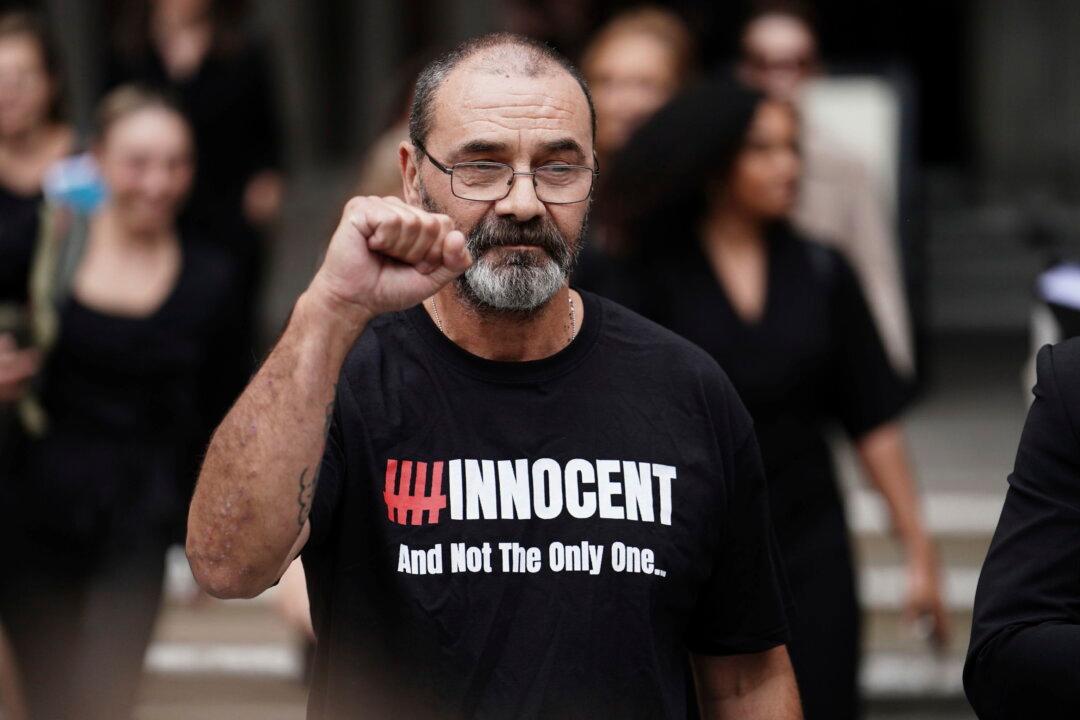Saved living cost will no longer be deducted from compensation for those who are wrongly imprisoned, Justice Secretary Alex Chalk said on Sunday.
The change came after the fairness of the rule came into question last week when Andrew Malkinson, who spent 17 years in prison for a rape he didn’t commit, told the BBC that he would have to pay the prison for “board and lodging” cost from his compensation payment.





